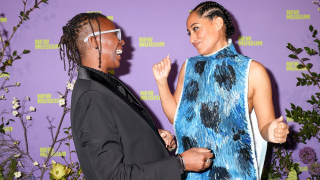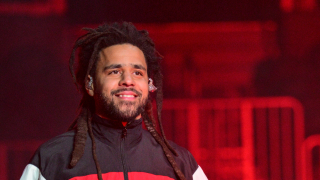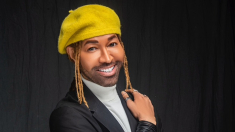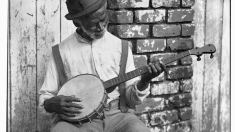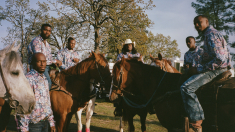I did not begin the holiday season in a very festive mood. When Robert McCullough announced the Grand Jury’s decision not to indict Darren Wilson, it felt like a sharp blow to the stomach. I never expected an indictment. Still, I was deeply hurt and deeply angry. As a young Black man, the low value placed on Mike Brown’s life by local authorities was also a judgment about the value of my own life in their eyes. I am a St. Louis resident, a professor, and a lawyer. Most of all I am a human being. This assault on my human dignity compelled my response. Between legal observing, protesting, and worrying about the safety of my friends and neighbors, I did not sleep for three days straight.
The day after Thanksgiving, the United Nations Committee Against Torture issued its concluding observations on the United States periodic report. Two weeks earlier, I served as the lead organizer on the ground for the “Ferguson to Geneva” delegation, where Michael Brown Sr. and Leslie Mc Spadden testified before the UN in Geneva, Switzerland. The hearing began with tears of sorrow, listening to the parents’ heart wrenching testimony, but it ended with tears of joy. We felt validated when in their concluding comments the committee members legitimized all of our core concerns. One committee member asserted “there are disturbing patterns of excessive force on the part of police officers, especially towards African-Americans and other persons of color, which seem to demonstrate that the current mechanisms of accountability are insufficient.” Another spoke out about the harsh response to the demonstrators, calling for new regulations on the use of military equipment by police, and asserting that the use of tanks and other military weapons against its own citizens made the United States seem like it was in a state of “civil war.”
The day after Thanksgiving, the Committee issued a more official conclusion about the state of (in)justice for Black Americans. It noted its concern about the “numerous reports of police brutality and excessive use of force by law enforcement officials, in particular against persons belonging to certain racial and ethical groups,” later specifying “difficulties” that communities have in holding police officers and their employers accountable for abuses. Although Mike Brown and Ferguson were never mentioned by name in the report, the key concerns of the movement had a forceful and resounding victory.
Black Americans have long sought to move the struggle for Black liberation from the sphere of civil rights to human rights. As Malcolm X explained long ago, Black America must step outside of the abusive relationship it has had with the United States government, and recognize the empathy and solidarity they have already achieved with billions of people around the world. These billions of people have intellectual resources, financial resources, and a wealth of value available to assist with our struggle. Reaching out and building these bridges, without the mediation of a government that too often has committed human rights abuses against us, means everything.
People throughout the world commonly appeal to the global community in order to push for change when their own state, local, and national authorities are unresponsive. Black Americans should follow suit. For example, Blacks in South Africa only won democracy after engaging the global community in their advocacy for change. If they had waited for the Apartheid government to provide them with change internally, they would still be waiting today. When the U.N. High Commissioner for Human Rights, Navi Pillay, condemned the use of excessive force in the United States, stating “there are many parts of the United States where apartheid is flourishing,” this was not empty rhetoric. She is South African. She lived through apartheid South Africa. She reminded us, “Apartheid is also when the law turns a blind eye to racism.”
Taking the movement against racial profiling and police violence to the world is the next step in this long-term advocacy plan. We will continue to protest in the streets locally, but ultimately a few hundred protesters against the police is a difficult battle to win. We will continue to advocate for change in the halls of power, but in our current political climate real transformative change seems beyond the capacity of our elected officials. If only we can muster the will to continue to share our story not only with those in the united states that are ambivalent about our humanity, but with the hundreds of millions of people around the world that are rooting for us, the underdog in the belly of the last global superpower, we can produce real change.
Justin Hansford is a professor of law at Saint Louis University and was the lead organizer on the ground for the Ferguson to Geneva delegation to the United Nations Convention Against Torture this past November. Follow him on Twitter @blackstarjus.







